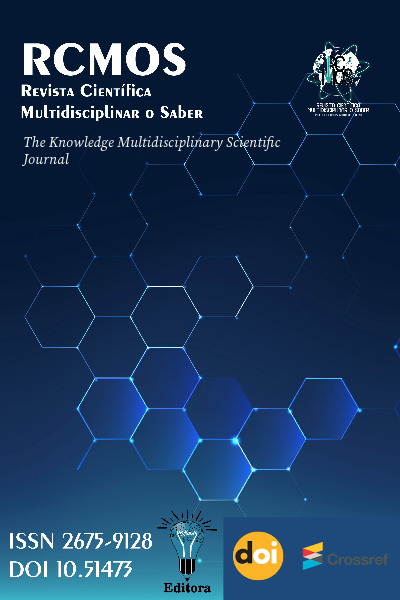MULTIPLE AND INTELLECTUAL DISABILITIES
Keywords:
Multiple and Intellectual Disability, Social inclusion, Inclusive educationAbstract
Objective: This study has the general objective of addressing the concept of intellectual disability with a specific focus on: a) determining how the diagnosis of intellectual disability happens and b) talking about the characteristics of intellectual disability. Intellectual disability is understood as a lesser capacity to understand, learn and apply new or complex information and tasks. People with intellectual disabilities have a mental functioning below the average expected for their age, which causes a delay in the learning and development of these individuals. Guiding parents and siblings to recognize the difficulties and deal with their children is essential in this process. Results: The study revealed the complexity of the inclusion process experienced by schools, particularly with regard to the school curriculum and pedagogical practices for teaching and learning students with intellectual disabilities. It was found that one of the biggest obstacles to adequately assist these students in classrooms is due to the lack of preparation of teachers. Conclusion: It can be concluded that the school acts as a basic element of the process of autonomy and social integration of people with multiple or intellectual disabilities.








